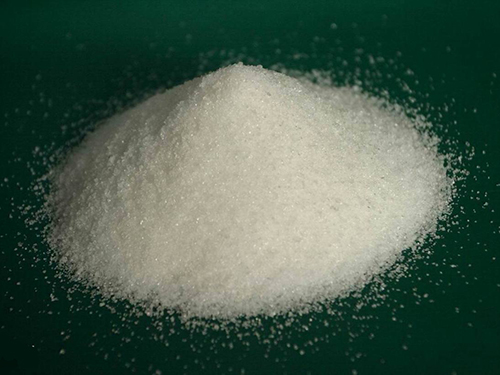Exploring the Applications and Benefits of Industrial Flocculants in Water Treatment Processes
Understanding Industrial Flocculants Their Role and Importance in Water Treatment
In the industrial sector, the management of water resources is crucial for a variety of operations, from mining to municipal water treatment. A key component of effective water management is the use of flocculants. These chemical agents play an essential role in clarifying water by aggregating particles, allowing for easier removal of impurities. This article explores the nature of industrial flocculants, their applications, benefits, and the environmental considerations surrounding their use.
What are Flocculants?
Flocculants are substances that promote the agglomeration of fine particulates into a floc or mass, which can then be more easily separated from liquids. They are typically polymers, organic compounds, or inorganic agents that function by neutralizing the charges of suspended particles in water. This neutralization reduces repulsive forces, allowing particles to collide, bond, and form larger aggregates. Once these flocs are formed, they can settle out of suspension or be removed through filtration.
Types of Industrial Flocculants
Flocculants can be categorized into two main types organic and inorganic.
1. Organic Flocculants These are primarily synthetic polymers derived from petrochemicals or natural sources like starch or cellulose. Common examples include polyacrylamide and its derivatives. Organic flocculants are known for their high effectiveness in a variety of applications, including wastewater treatment, paper production, and mining operations.
2. Inorganic Flocculants Examples include aluminum sulfate and ferric chloride. These compounds are often used in water purification for municipal systems and industrial processes. They tend to be less expensive than organic alternatives but may require more careful handling due to potential health risks associated with residual metals.
Applications of Flocculants
Flocculants are utilized in numerous industries due to their versatility. In the municipal water sector, they help in clarifying drinking water, effectively removing turbid particles, and ensuring compliance with health standards. In the mining industry, flocculants facilitate the separation of valuable minerals from waste, thereby enhancing operational efficiency and reducing environmental impact.
industrial flocculant

In the industrial sector, flocculants streamline processes by enhancing solid-liquid separation in a variety of applications, such as chemical manufacturing and food processing. Moreover, in the oil and gas industry, they assist in the treatment of produced water, making it reusable and minimizing environmental harm.
Benefits of Using Flocculants
The use of industrial flocculants offers numerous benefits. First and foremost, they improve the efficiency of water treatment processes, allowing for cleaner effluents and reduced overall costs. Additionally, flocculants can significantly decrease the volume of sludge generated, making waste disposal easier and more economical.
Moreover, by facilitating the removal of contaminants and ensuring compliance with regulatory standards, flocculants help industries reduce their environmental footprint and contribute to sustainability efforts.
Environmental Considerations
Despite their benefits, the use of flocculants must be approached with caution. The selection of flocculants should consider their biodegradability and potential toxicity. Uncontrolled or excessive use can lead to residual compounds in treated water, which may pose risks to human health and aquatic ecosystems.
It is essential for industries to conduct thorough assessments and choose the most appropriate flocculant for their specific applications, balancing effectiveness with environmental safety.
Conclusion
Industrial flocculants play a vital role in numerous applications across various sectors, particularly in water treatment. By promoting the efficient separation of suspended particles, they not only enhance operational efficiencies but also contribute to environmental protection. As industries evolve and face new challenges, the responsible use of flocculants will remain a crucial aspect of sustainable water management practices.
-
Pbtc Scale InhibitorPBTC: A Scale Protector for Industrial Water TreatmentNewsAug.05,2025
-
Organic Phosphonate: An Efficient Defender in the Field of Scale InhibitionNewsAug.05,2025
-
Hydrolyzed Polymaleic Anhydride: Green Pioneer in Scale Inhibition FieldNewsAug.05,2025
-
PAPEMP Polyamino Polyether Methylene Phosphonic Acid For SaleNewsAug.05,2025
-
Flocculant Water Treatment: A Pioneer in Purification in the Field of Water TreatmentNewsAug.05,2025
-
Benzyl Isothiazolinone: An Efficient and Broad-Spectrum Antibacterial Protective GuardNewsAug.05,2025





